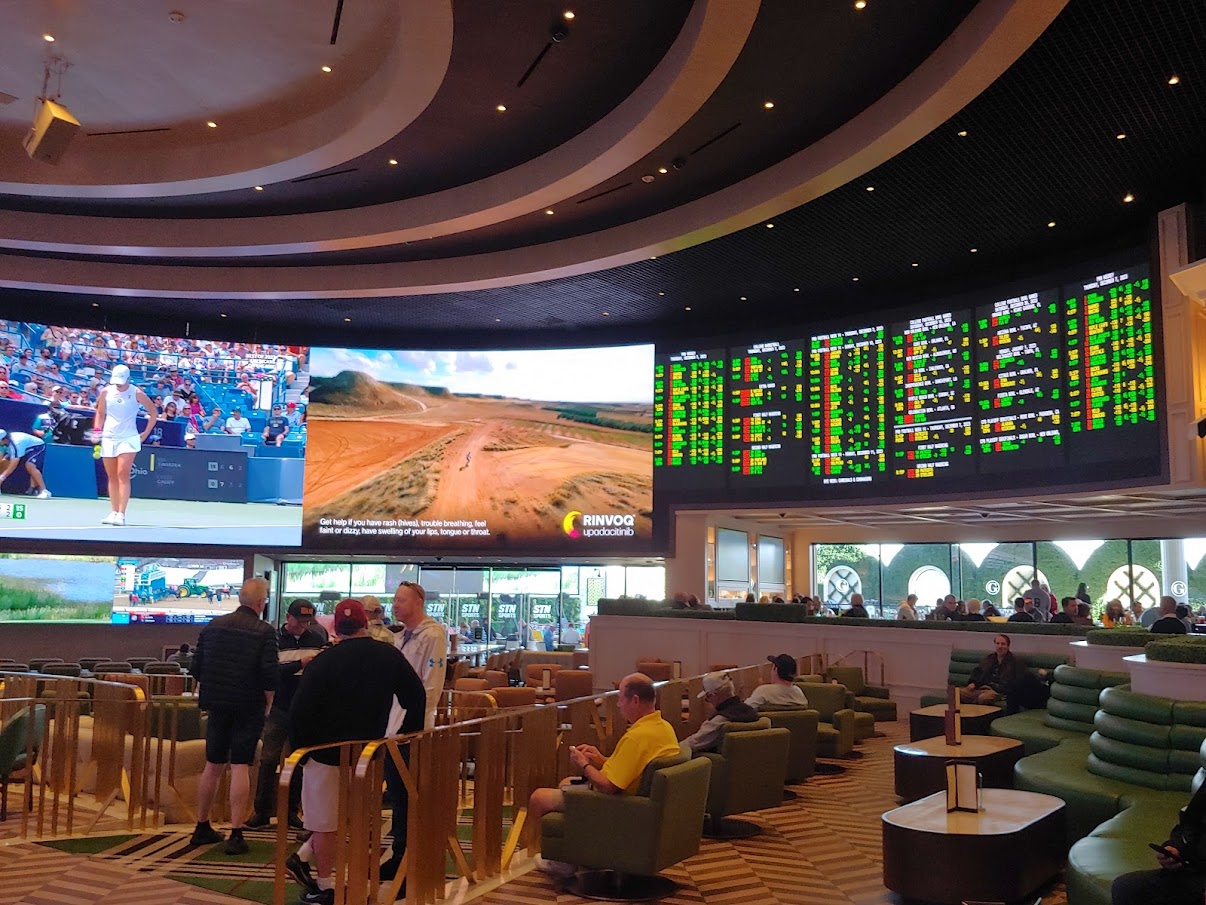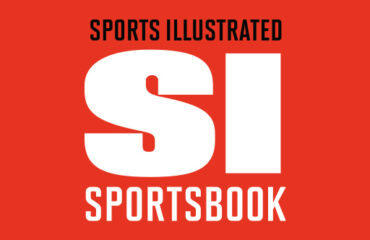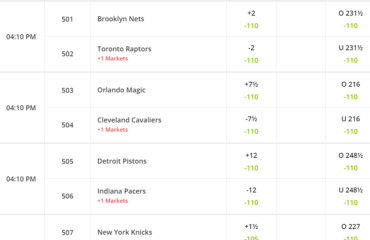Anyone who watches sports on TV has seen endless betting ads since 2018 when the Supreme Court nullified the Professional and Amateur Sports Protection Act. In the last few years, sports betting made its way into the announcer’s booth, as well as halftime and pregame shows. This creates an image problem.
The NFL has agreements with at least seven sportsbooks. Some of these companies also have partnerships with teams in states where online sports betting is legal. Pregame and halftime shows offer sports betting ads and picks. Other major sports leagues have similar deals.
It is all about sponsorship money. There is no evidence this correlates with any wrongdoing on the field. However, the perception is there.
Teams partnering with sportsbooks
One of the most obvious problems I see in today’s sports betting world is teams partnering with sportsbooks. In some cases, there are sportsbooks in stadiums operated by these partners.
At the same time, teams repeatedly get caught failing to disclose injuries that could affect odds on games. The perception of teams partnering with sportsbooks while also not following injury rules will eventually create a serious collusion accusation in the future. At a minimum, teams and leagues, should not benefit from partnerships with betting companies who have a monetary interest in outcomes.
Failing to disclose injuries
One of the biggest pieces of information in sports betting is injuries. If a sports bettor has the inside scoop about who is and is not playing, this gives them a huge edge over the sportsbook. The same can be said of disciplinary actions that cause players to get benched, suspended, or released.
There are many examples of teams and players hiding injuries. Bettors with an insider in the organization can get this info and use it to their advantage. That is why all leagues have rules against covering up injuries. That does not stop it from happening.
The NBA has situations where players are rested unexpectedly. If that is known by some before an official announcement, that is another situation ripe for abuse.
Promoting gambling while hiding injuries is problematic
There is already a conflict of interest when the leagues that own the games partner with companies taking bets on them. This is expanded when teams appear to withhold injuries to key players. While there is little reason to believe hiding injuries is done to help partner sportsbooks, the perception by some fans who already think the league is scripted or rigged becomes justifiable in their minds.
NFL talent shouldn’t do sports betting commercials
Ryan Fitzpatrick is part of Amazon Prime Thursday Night Football. He also pitches online sportsbooks. These ads run during the same broadcasts where Fitzpatrick is part of the pregame show. This seems like a conflict of interest and a poor image for the league and network. It normalizes online gambling to audiences that include many minors.
Commercial overload during sporting events
Like daily fantasy sports before it, online sportsbook commercials are all over every break in the action for sporting events. Some commercials, like one from FanDuel that says you need to start betting now because the season is almost over, cross the line of responsible gambling. This does not stop the leagues and networks from taking that ad money, which drives up the cost for mainstream advertisers.
Get sports betting picks out of the pregame and halftime booths
Pregame shows have segments sponsored by online sportsbooks. This involves people making sports picks, often related to same game parlays, which have substantial house advantages. Pushing millions of viewers into making one of the worst types of bets is bad enough. It is made worse when the sponsor benefits from viewers receiving bad picks.
Most of these types of bets lose, so there is little upside to promoting them unless the only goal is to get a piece of the action or future advertising. This does a massive disservice to sports viewers who may not know they are buying the sports equivalent of lottery tickets.
Sports picks are all over affiliate sites. While I think this type of content is pointless to publish, and search engines largely ignore them and may even penalize websites that host too many articles like that, affiliates typically get paid for every player sent to online sportsbooks.
The NFL once agreed to everything written above
Before the Raiders moved to Las Vegas, and the US Supreme Court overturned the Professional and Amateur Sports Protection Act, the NFL hated gambling. It would not even let Las Vegas run advertisements during broadcasts. At one point, it refused to allow Tony Romo to host a daily fantasy sports convention in Las Vegas. Now, it can’t wait to figure out ways to make more money off it.




